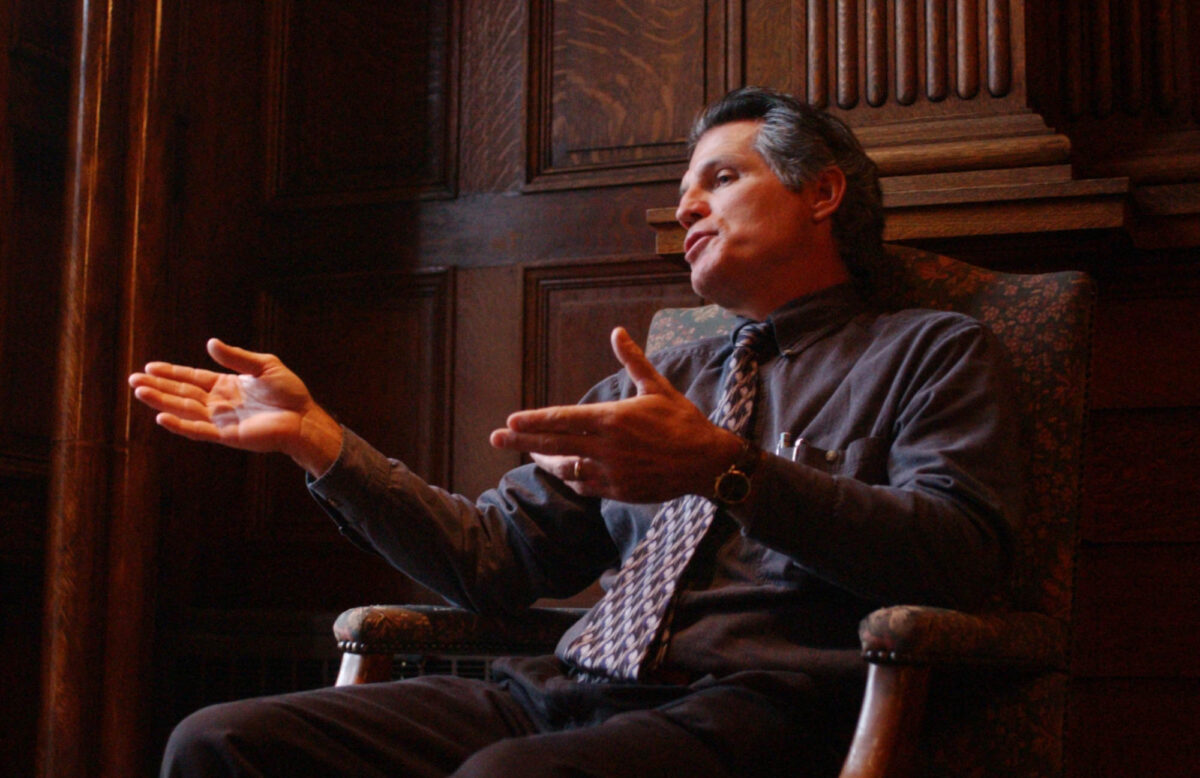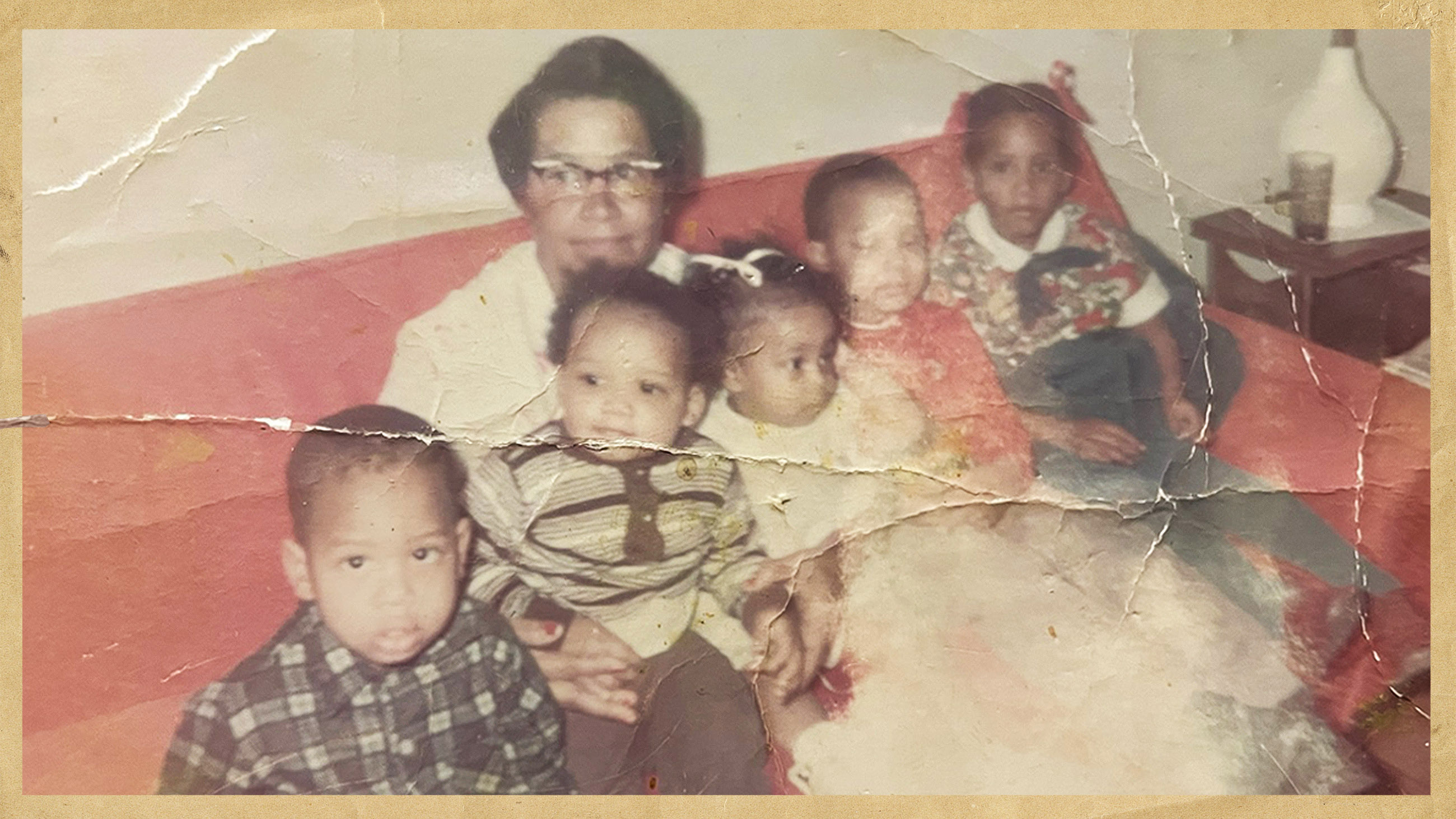For Volunteers Harmed in Clinical Trials, an Imperfect Safety Net
Each year, hundreds of thousands of Americans volunteer for clinical trials. They swallow doses of experimental drugs and undergo novel surgeries. Some allow doctors to implant unproven devices into their bodies.
Most trials end up being perfectly safe, and they often allow patients access to innovative medical care. But in the rare case that something does go wrong during a study, the research organization may not be under any legal obligation to pay for a volunteer’s medical bills, cover lost wages, or offer any other assistance.
It’s a quirk of United States law that has long bedeviled bioethicists: Unlike in many other countries with lots of clinical research, U.S. regulations do not guarantee support for people who are harmed during clinical trials. If an experimental device backfires, or a new drug lands a research subject in the hospital — or worse — the person or their family may find themselves entirely on the hook for medical care and other expenses.
“Someone volunteers to be a guinea pig so that their fellow citizens can benefit. And then when they’re hurt, we say, ‘Well, it’s your problem, not ours,’” said Daniel Wikler, a philosopher and professor at Harvard University’s School of Public Health. “What the hell?”
Experts are unsure about the scope of the problem — or whether it’s such a problem at all. No single source collects data on how many people are injured in clinical trials conducted by U.S. researchers. When people do get injured, they’re sometimes adequately covered by their own insurance plans, by ad hoc arrangements, or by policies that some research sponsors have voluntarily put in place. Others can get support by taking researchers to court.
But legal scholars and ethicists who have studied the issue say the existing patchwork of solutions does not go far enough, allowing some — perhaps many — people to slip through the cracks after suffering harm in the routine course of biomedical research.
For decades, ethics experts have raised concerns about the current system. So have several federal advisory panels, including a 2011 presidential commission that requested the Department of Health and Human Services “move expeditiously to study the issue.” Little has come of those efforts. “I’ve never come across anybody who tries to defend it,” said University of Minnesota bioethicist Carl Elliott. “But it never changes.”
Trials are generally safe, but things can go wrong. Sometimes, negligence or unethical behavior is involved. Sometimes, it’s just bad luck; even the best-run trials can have unexpected outcomes.
Starting in the 1970s, U.S. policymakers began enacting regulations to protect human research subjects, partly in response to the troubling revelations of the now-infamous Tuskegee experiment. For decades, researchers had knowingly allowed syphilis to go untreated in 399 Black men, leading to numerous complications, including death.
In 1973, an expert panel — consisting mostly of Black scholars, advocates, and medical professionals — reviewed the Tuskegee incident on behalf of the federal government. In their final report, the group recommended creating a system to take care of people who were injured in trials, even in cases where nobody was at fault.
“Someone volunteers to be a guinea pig so that their fellow citizens can benefit. And then when they’re hurt, we say, ‘Well, it’s your problem, not ours.’ What the hell?”
“No matter how careful investigators may be, the unavoidable injury to a few is the price society must pay for the privilege of engaging in research which ultimately benefits the many,” the group wrote. All institutions receiving federal research dollars, they concluded, should be required to have a plan in place “to assure compensation for subjects harmed as a result of their participation in research.”
It appears nothing happened. A government task force in 1977 made a similar recommendation. A 1982 presidential commission asked federal officials to conduct a study of one possible compensation model.
Wikler, the Harvard philosopher, served as a staffer supporting that 1982 panel. Even then, he recalled, the lack of support for injured research subjects felt like a chronic issue. “People who got banged up or harmed in an experiment were sometimes shocked to find out that no one stepped forward to take care of them,” he said.
There’s a strong ethical argument for providing such care, Wikler said: People signing up for a trial are agreeing to take a modest risk that benefits society as a whole. In return, they are owed some degree of care and support if the study goes awry.
Nothing came of Wikler and his colleagues’ recommendations back in the early 1980s. “It turns out there was a big lobby opposed to compensating injured subjects,” he recalled, “which I didn’t see coming at all.” At the time, he said, professional scientific organizations worried such a system would raise costs and bog down research.
In the decades since, at least four more high-profile expert panels have advised action — including, most recently, a 2011 commission tasked with reviewing U.S. research policy by then-President Barack Obama. (Regulations today require researchers to tell participants whether or not compensation for injuries is available, but not to provide it.)
That gap has left the U.S. a global outlier; today, wealthy countries such as France guarantee compensation and support for people who are injured in trials. So do less wealthy nations where global pharmaceutical companies conduct clinical trials, such as Brazil and India.
Not everyone is convinced that government action would fill a yawning gap.
More than a decade ago, when the Obama commission investigated compensation, two big pharmaceutical industry organizations — The Biotechnology Innovation Organization and the Pharmaceutical Research & Manufacturers of America, or PhRMA — suggested a policy change was unnecessary, because companies regularly agree to provide such compensation already, even if it’s not legally required. (Neither organization indicated having a firm policy stance on the issue today; in an email to Undark, PhRMA’s senior director of public affairs, Andrew Powaleny, said the group backs “a regulatory framework that is supportive of patient access to and participation in clinical trials.”)
It’s difficult to know how frequently companies honor such claims, although some sources involved in such cases say trial sponsors do fill the compensation gap. “As a matter of practice, almost always in an industry-funded study, the sponsor of the study is going to agree to pay for some injuries,” said David Peloquin, a Boston-based partner at the law firm Ropes & Gray.
That gap has left the U.S. a global outlier; today, wealthy countries such as France guarantee compensation and support for people who are injured in trials.
Peloquin specializes in clinical trial law, including work on behalf of pharmaceutical companies that are conducting research. Under the typical arrangement, Peloquin said, those companies get to determine who is eligible for payment, but they tend to err on the side of providing compensation, partly in order to maintain good relationships with partner institutions. The scope of that coverage is limited, though. “Usually the sponsor specifically is saying, ‘We’re paying for the treatment, the cost of the treatment of your injury, and not for anything else, like lost wages or childcare you have to pay for while you’re getting treatment,’” said Peloquin.
Many clinical trials, though, are run by universities and hospitals, not large private companies. There, some experts say, policies seem patchy. In 2012, a group of researchers surveyed 200 large research centers in the U.S. and found that nearly 60 percent did not guarantee compensation to injured research subjects. Even those that promised some kind of compensation rarely offered support beyond what the survey authors termed “immediate medical care.”
David Resnik, the study’s lead author and a bioethicist at the National Institute of Environmental Health Sciences, said he’s not aware of any more recent data. But, he wrote in the email sent to Undark via a spokesperson, “there are no reasons to believe that anything has changed substantially.”
Some federal institutions do have policies in place. The National Institutes of Health Clinical Center, for example, offers limited medical support to subjects for injuries sustained during trials.

Jesse Gelsinger’s father, Paul, speaks about his son after the 18-year-old’s death during a gene therapy trial in 1999.
Visual: Rick Eglinton/Toronto Star via Getty Images
When subjects can’t get compensation, they can sue — and some lawyers have carved out successful niches serving such clients. In 1999, New Jersey attorney Alan Milstein took on the case of Jesse Gelsinger, an 18-year-old who died while participating in a gene therapy trial at the University of Pennsylvania. The university ultimately settled with the family for a sizeable sum. The lawsuit included allegations of ethical and oversight lapses.
“Many lawyers who do medical malpractice, and are unfamiliar with the nature of clinical trials, when they see an informed consent document, they believe that litigation is difficult, if not impossible,” Milstein recently told Undark. That’s not necessarily true, he said: “If I take a case, generally, I’m successful at it.”
But those cases, some legal experts say, can sometimes be difficult to win. “It’s hard enough to prove causation in medical malpractice,” said Wendy Mariner, a health law scholar at Boston University. “It is almost impossible for something that happens during a clinical trial.”
The torts process can also be slow and costly. “That’s a rich man’s answer,” said New York University ethicist Arthur Caplan.
Because nobody collects data on the number of injured research subjects in the U.S., it’s difficult to know how many people may be eligible for compensation — and how many may fail to get care. One indication comes from the University of Washington, where a program has been in place since 1979 to offer compensation to injured research subjects. (Although some other schools have ways of providing compensation, bioethicists who study clinical trials widely cite UW’s program as a model.)
The university’s medical facilities provide up to $250,000 in medical care for people who are injured in its studies, as well as $10,000 to cover other expenses. University researchers and administrators are responsible for determining if a specific injury is eligible.
The program is not heavily used. The university’s sprawling research apparatus sponsors thousands of studies, but in the past five years, just eight people have applied for help under the program, according to Jason Malone, who directs the university’s Human Subjects Division.
Over the years, bioethicists and legal scholars have generated a range of proposals for a system that could cover research injuries. Some proposals call for a kind of centralized national compensation fund, which would disburse a set amount of money to research subjects who can make a plausible claim to suffering injuries in the course of a clinical trial. Other proposals would require research sponsors to carry insurance to process claims, or to have programs in place similar to that at the University of Washington.
Elliott, the Minnesota bioethicist, argues that that compensation ultimately benefits both scientists and their research subjects. “If you have a system that says, ‘Look, if you volunteer for a research study and take these risks on behalf of other people, you’re on your own,’” he said, “it’s going to be hard to keep the research enterprise going.”












Pharma is greedy. Their lawyers are paid more than yours. The FDA won’t help you if you suffer a SAE and you may be dropped as a study subject, and your SAE not reported in the clinical trial results. That’s unethical, but since oversight is only by committee paid by the study sponsors, so guess what? I was involved in clinical trials as an investigator for decades.
Studies are usually easy $$ and fun.
I was in an Eli Lilly Donanemab clinical drug trial 4 dose age went okay the 5 dosage sent me to the hospital for a seizure lasting almost an hour
After that they threw me out of the drug trial and a lawyer won’t touch the case plus the FDA is useless for protection